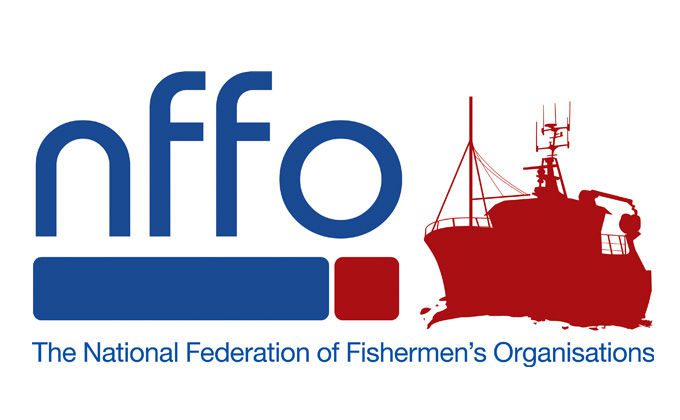24 April 2009
Alan McCulla to forge industry response to Marine Conservation Zones and Offshore wind-farms.
The successful programme of port visits by NFFO Executive Committee member and known fishing industry figure Alan McCulla, is to continue. The new programme of visits for which a European Fishing Fund grant application will be made, will form the basis for a major NFFO initiative designed to give fishermen a stronger voice in siting offshore wind-farms and marine conservation zones.
The NFFO Executive Committee recently agreed that a continuation of the programme of port visits would provide the most effective way to protect areas of key fishing grounds from poor siting decisions by encouraging fishermen to prepare defensive charts of no-go areas for wind-farms and marine conservation zones. Recent NFFO meetings with Crown Estates, Natural England and JNCC have underlined the need for the industry to identify and defend the areas that are critical for fishing. The earlier in the process of site designation that this can be done, the greater the leverage that the fishing industry will be able to exert to defend livelihoods.
The Conservation bodies charged with identifying “ an ecologically coherent network” of marine conservation zones by 2012 and the Crown Estate which is in the middle of a massive expansion programme for offshore wind-farms, have emphasised the importance of working with the fishing industry to minimise their impact. Good intentions are one thing but having the information available to defend crucial fishing grounds is something else.
The plan is to use the port visits to encourage groups of local fishermen to provide information that will be incorporated into electronic charts; these will then be used to negotiate wind-farm and MCZs away from critical fishing areas as far as possible.
The port visits will also continue with their original purpose of strengthening the involvement of grass roots fishermen in management decisions. From all sides the wish to move away from a top down management system to one with a much greater participation by fishermen and vessel operators can be heard. But realising this in practice means that the communication channels between fishermen and decision-makers must be strong and effective. The port visits have been about creating or restoring those links and about encouraging fishermen to work through their local associations to make sure that their views are heard at national and EU level.

